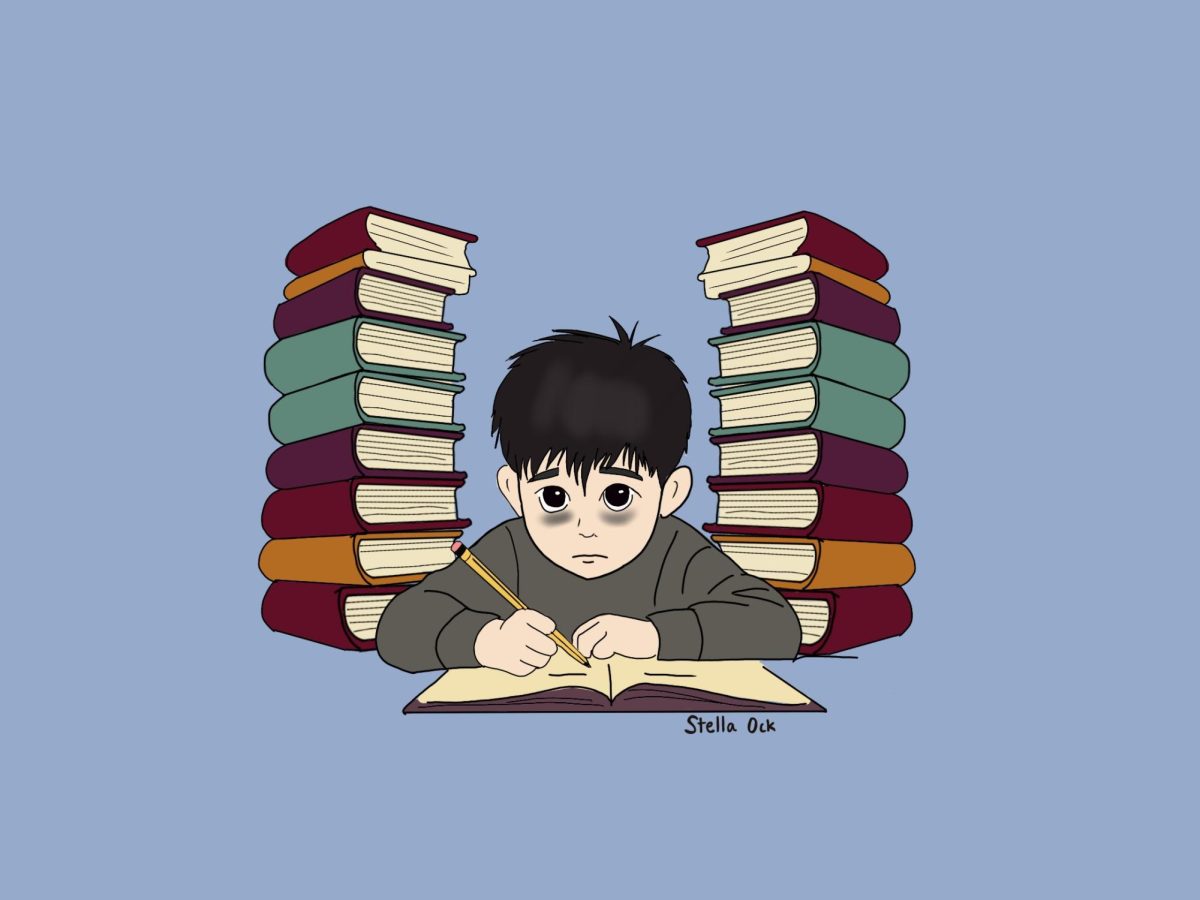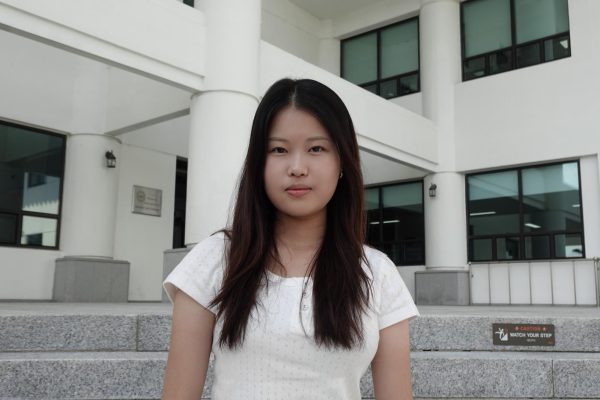When most children around the world are learning through play and discovery, South Korean children as young as five are instead buried in textbooks. This is the reality of the 7-sae goshi (7-year-old exam), which refers to the entrance tests taken by children as young as five or six to secure spots in elite English academies, often called the “big 3” or “big 10.”
Parents wake their children before dawn, drilling vocabulary and other basic academic skills, desperate to secure spots in these elite academies. The competition is so fierce that preparation begins in preschool years in special hagwons (private academies) dedicated solely to preparing for these entrance exams. The hagwon industry thrives on parental anxiety, convincing families that unless their children start academic training as toddlers, they will fall behind their peers.
This educational pressure at such a young age is not just excessive but harmful. Adolescent psychiatrists warn that this system causes serious developmental problems in children. The period between ages 4 and 7 is a critical stage in brain development when the frontal lobe is being formed. If problems occur during this developmental stage, children are much more likely to experience depression or anxiety. They may also develop aggressive or defiant behaviors as a defense mechanism—what psychologists call “reaction formation,” where individuals behave in ways opposite to what they actually feel.
For many Korean students, the 7-sae Goshi is just the beginning of their hypercompetitive educational journey. As children progress through the system, the pressure intensifies exponentially. Middle and high school students study from dawn until midnight, shuttling between school and multiple hagwons. South Korean parents spent 27.1 trillion won in 2023 on private education for elementary to high school students—an increase of 4.5% from the previous year, despite the country’s declining birth rate.
The 7-sae goshi intends to prepare children for one defining moment: the suneung (Korean college entrance exam). This one-day test dictates university admission, which in turn shapes career opportunities and social status. In fact, university admission is seen as virtually the only path to success in Korean society.
Admittedly, the rigorous academic standards have helped propel South Korea’s remarkable economic transformation over the past half-century. They have contributed to the country’s high literacy rates, strong performance in international assessments, and the work ethic instilled in students from an early age.
However, the current system places our youngest children on a narrow path focused solely on academic achievement, squeezing out the very experiences that foster creativity, resilience, and emotional intelligence—qualities essential for future success and well-being.
Perhaps trends like the 7-sae Goshi explain this paradox: South Korea consistently ranks among the highest in standardized test scores globally, yet these achievements have not translated into proportional global leadership in innovation.
A truly effective education system must recognize that childhood is not merely preparation for adulthood, but a crucial developmental stage with its requirements. Until children’s developmental needs are prioritized over competitive advantages, Korea will likely continue to produce a generation accomplished in test-taking but ill-equipped for the challenges of the modern world.


